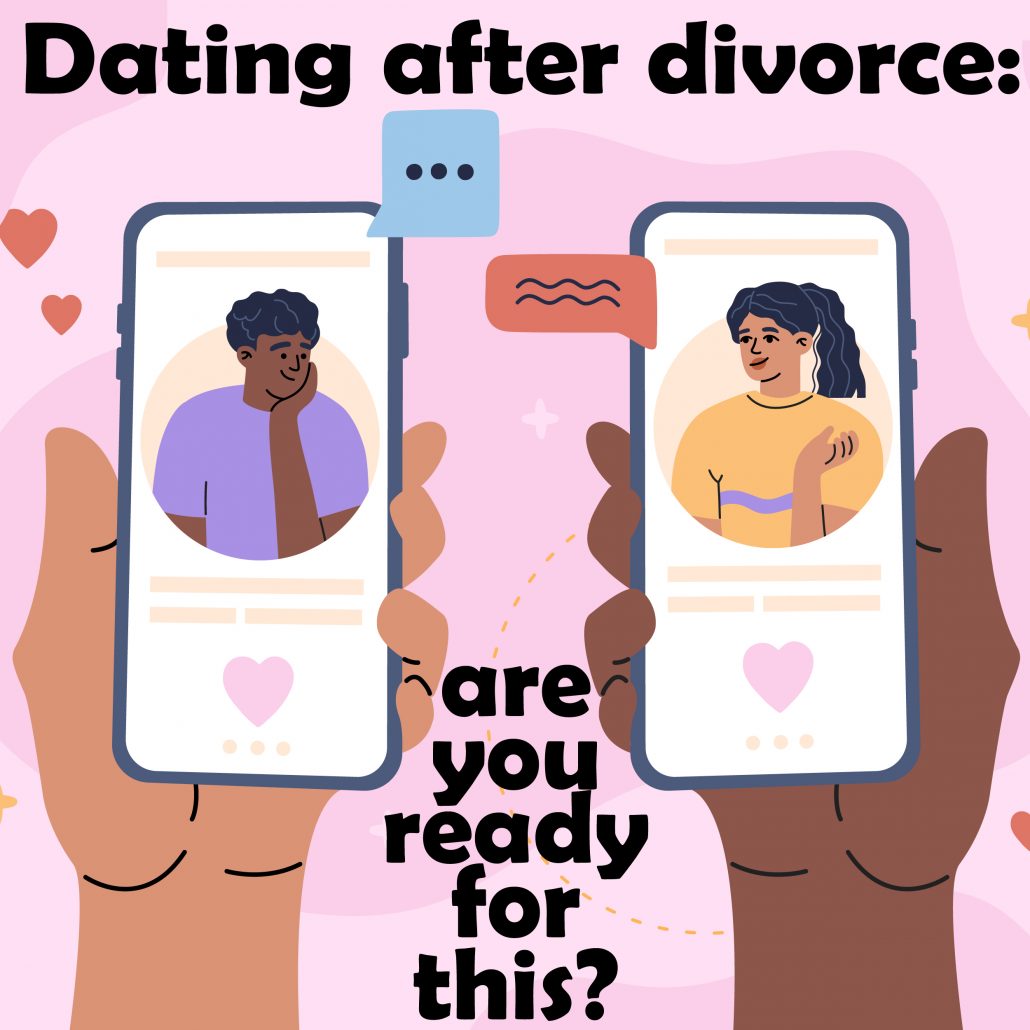How to Have the Best Relationship with Yourself
It’s never too late to build a solid relationship with the most important person in your life – YOU. Whether you’re a content creator or just someone seeking self-discovery, understanding and nurturing your connection with yourself is the ultimate game-changer.
Unlocking the Power of Self-Connection:
Amongst all the competing demands of life, our relationship with ourselves sets the stage for everything else. It’s not about being the “best friend” to yourself, but rather becoming a reliable companion and ally. Think of it as building the foundations of a strong, supportive friendship within.
Practical Steps to Strengthen Your Self-Relationship:
Crafting the best relationship with yourself is a journey filled with self-discovery, kindness, and growth. Here are some practical steps you can take to a fulfilling connection with yourself.
Set Intentions and Stay Aware:
Begin by setting a thoughtful intention to cultivate a positive relationship with yourself. Recognize that this is an ongoing journey, and your goals will evolve over time. Keep your eyes on the long-term, knowing that the path may meander but always leads to growth. Stay aware of your thoughts, feelings, and needs, adapting your approach as you grow.
Plan for Now, Soon, and Later:
Break down your self-relationship goals into manageable steps. Establish short-term habits that bring immediate joy, plan for middle-term milestones, and envision the person you want to become in the long term. Balancing immediate gratification with long-term satisfaction is key. It’s not about perfection; it’s about progress. A well-thought-out plan is your roadmap to success.
Embrace Change with Curiosity and Acceptance:
Change is inevitable, and that’s a good thing. Approach your self-relationship with curiosity. Embrace changes with open arms, understanding that growth is a beautiful, ever-evolving process. Accept yourself in each phase of this journey, appreciating the uniqueness that defines you.
Prioritize Basic Self-Care:
Your body and mind are the canvas of your self-relationship. Start with the basics – quality sleep, nutritious food, regular activity, and mental well-being. Nurturing your body and mind will lay the foundation for a resilient and sustainable self-relationship. Caring for your physical needs builds trust and affection toward yourself and your ability to prioritize your well-being.
Be Kind to You:
Work toward appraising yourself with kindness, avoiding destructive criticism. Act as your own cheerleader and appreciate your efforts and progress. Self-reflection doesn’t mean self-blame. Be honest and take responsibility, but do it with a gentle touch. You’re a work in progress, not a finished masterpiece. Self-kindness is the fuel that propels you forward, fostering a sense of pride and self-worth.
Surround Yourself with Supportive Souls:
Connect with people who align with your self-relationship goals. Positive relationships serve as models and support systems. Cultivate connections that uplift and inspire, forging connections with those who share similar self-growth goals. A supportive community provides understanding, encouragement, and a sense of belonging.
Blend Realistic Optimism with Action:
Perfectionism is the nemesis of sustainable change. Embrace a mindset of realistic optimism by setting achievable goals and building on them. Be patient and celebrate small victories – they pave the way for lasting transformation. Optimism becomes a powerful ally in sustaining positive change.
Create a Personal Crisis Plan:
Life brings challenges, of that we can be certain. Having a crisis plan is your anchor during stormy times. Anticipate challenges by having trusted individuals ready to provide perspective. Write down your thoughts, and remind yourself of your long-term goals during difficult moments.
Infuse Meaning into Activities:
Seek meaning in work, hobbies, relationships, and personal connections. Meaningful activities provide satisfaction and a sense of accomplishment. Your passions contribute to a fulfilling existence – explore them with genuine curiosity and entertainment, enhancing the quality of your relationship with yourself.
Establish Positive Daily Habits:
Start each day with positive intentions. Remind yourself of your long-term goals, review key practices, and navigate your day with purpose. Although spontaneity is crucial, keeping your goals in mind ensures actions that support your self-relationship journey.
Speak Love to Yourself:
Be mindful of your inner dialogue. Notice when you’re being overly critical, slow down, and replace it with gentle, kind and supportive words. Conversations with yourself can be empowering – choose words that uplift and nurture. Transformative self-talk is a powerful tool for cultivating self-compassion.
Escape the “Selfish Trap”:
Challenge the notion that self-care is selfish. There is a difference between healthy self-focus and self-centeredness. Reject the idea that taking care of your needs is indulgent, and recognize that prioritizing your needs is a necessity for a thriving self-relationship. Overcome guilt associated with self-care. It’s not selfish – it’s necessary!
A Transformative Journey
Cultivating the best relationship with yourself is a transformative journey. Be patient, stay kind, and revel in the joy of self-discovery. As you nurture this connection, may you find profound happiness, resilience, and an unwavering love for the incredible person you are becoming. Embrace the adventure, celebrate progress, and enjoy the evolving connection with the extraordinary person you are!
If you need support, you can apply for subsidized therapy with Pineapple Support here.










